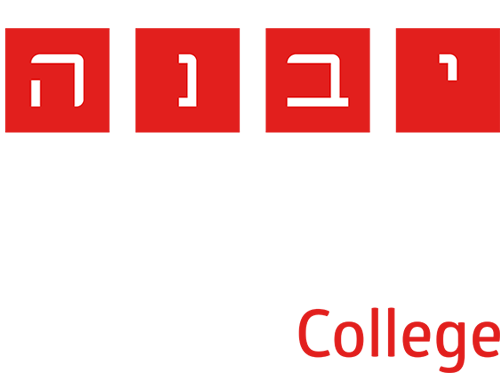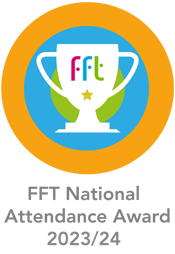Our curriculum across both KS3 and KS4 is driven by our vision:
To develop creative, curious, independent and reflective students who enjoy taking risks through experimentation in Art, Photography, Music, Drama, Food and DT.
We are focused upon teaching our students to acquire the knowledge and skills needed to design creative solutions to real world problems, through the model of ‘Explore, Create and Evaluate’. We want all students to learn how to explore design concepts and research user requirements. By creating solutions, using a range of practical and technical processes, our learners will not only manufacture solution-based responses, but help advance their society around them. We challenge our students to critique designs and evaluate the effectiveness of process and systems, drawing upon both their oral and written skills. Our curriculum speaks to the minds of our students by incorporating personal design responses to local and relevant global issues such as designing for a sustainable world.
Students are encouraged to have not only a love and enjoyment for creativity in our subjects but also the language, depth of knowledge and drive to be successful in their learning. Through exciting experiences in Creative Arts, students are encouraged to learn skills that help to develop lifelong learners and competent citizens in the wider world.
Food Technology KS3
Food Technology Key Stage 3 – Implementation
Our students secure this knowledge through the careful planning of our lessons and schemes of learning, all built and predicated on the expectations of the National Curriculum model. This is then also developed out further, to ensure a depth and breadth to the content that is covered.
Planning for lessons and schemes of learning is rooted in an understanding of Cognitive Science, with each and every lesson planned so that there are opportunities for:
- A purposeful and immediate start to each lesson using ‘Do Now’s’, built on the concept of retrieval practise to provide students with opportunities to review previous learning.
- Independent task(s) that students can access without any teacher input.
- Turn and talk to ensure Oracy has been developed to build on debating and formulating their own definitions
- Reducing cognitive load on students working memory by teacher modelling in small steps followed by students making or practice
- Independent learning to practise and embed new skills (practical tasks) and demonstrate understanding of the core concepts of the lesson through scaffolding and success criteria.
- Checking for and consolidating understanding, developing students’ ability to self-regulate their learning.
Food Technology Key Stage 3 – Impact
In Key Stage 3, ongoing assessment of learning in Design and Technology (Food) is undertaken through the assessment of portfolio booklets that look at the iterative design process. We aim for assessment to be meaningful, motivational and manageable. This allows for understanding and practical tasks to be assessed through written documents. Following these assessment points , we make sure all pupils reflect on feedback given so that pupils can then further improve their tasks/booklets.
Food Technology Y7
Over the course of Year 7, our students will study and learn the following:
| Topic/Study Focus | Knowledge/Skill focus |
| Food preparation skills & Dishes Cooked | Cooking Skills: Muffin Pizza, Scones, Bread rolls, Mac n Cheese, Blueberry cupcakes, Simple Risotto, Chocolate Brownies |
| Food, nutrition and health | The Eat well guide, food groups, healthy eating, nutrients |
| Food Science | Gelatinization – macaroni cheese, gluten development – bread making, shortening/ aeration – scones, cake making methods |
| Food Safety | Health and safety, knife safety, Cooker safety, Kitchen Hygiene, Kitchen uniform , Washing up |
| Food Provenance | Value for money in Catering |
| Food Choice | Introduction to Factors affecting food choice, diet, lifestyle, medical, religious observations |
| Research and Evaluation Skills | Dietary needs research Assessment / Sensory Taste Testing and Evaluating practical diary |
Food Technology Y8
Over the course of Year 8, our students will study and learn the following:-
| Topic/Study Focus | Knowledge/Skill focus |
| Food preparation skills & Dishes Cooked | Development of practical skills, International cuisines, complex recipes, multistage recipes. Noodle veg stir-fry, Flatbread and Hummus, Chickpea curry and rice, Spinach and cheese bourekas, Jamaican Patties, Making fresh pasta, tagliatelle pomodoro |
| Food, nutrition and health | Adapting Recipes for dietary needs home learning Assessment |
| Food Science | Gelatinisation – chickpea curry and rice Caramelisation – bourekas and patties |
| Food Safety | Health and safety recap – Risk assessment/ food safety quiz |
| Food Provenance | Food waste, breads from around the world, food miles, herbs and spices |
| Food Choice | Portion control, religion and food |
| Research and Evaluation Skills | Dietary needs research Assessment / Sensory Taste Testing and Evaluating practical diary |




